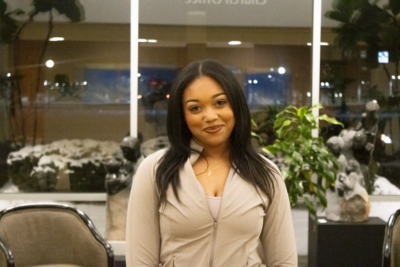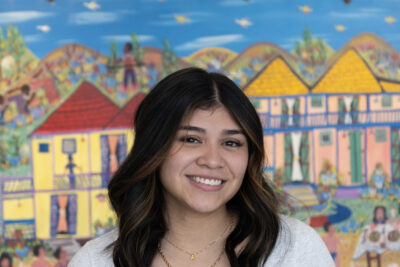I’ve heard the superficially helpful, if not entirely truthful, assertion that Goshen College, in relation to gays and lesbians, is “willing enough to take their money, but not to give it.” Inappropriate as the statement may be, it does raise the question: What really is the reason that Goshen College doesn’t hire “out” gay and lesbian faculty?
There is a noticeable lack of communication here. I must assume that there isn’t a simple answer, which invites speculation. So, I turn to an identifying feature of my college for deduction rather than unfettered guesswork.Passionate Learners
I don’t really find an issue with this core value, as much as an insight. The issue at hand is that gays and lesbians are good enough to attend the college to passionately learn, yet not good enough to passionately teach, when their orientation is known. I’ve been told that there is a popular belief (I would argue misconception) that gay and lesbian professors somehow taint their students with their essence, and may in fact transfer homosexuality. While I concede the fact that this sounds pretty ridiculous, I don’t see what other reason could explain why gay and lesbians can be good students yet poor teachers. Furthermore, to put this belief in perspective I must resort to my repertoire of knowledge of metaphysicalities, which consists of Christianity and video games, because the belief has a certain necromantic vibe to it. I’ll neglect exploring Christianity.
The image inspired by the transfer of homosexuality is reminiscent of a warlock in World of Warcraft, a warlock being a demonologist or a sorcerer skilled in the way of afflictions and curses. While perhaps not entirely appropriate again, I can’t help but picture gay and lesbian professors (within the context of aforementioned statement) as warlocks using the spell “Drain Soul.” The idea of this spell is to drain the last remaining fragments of humanity of some creature helplessly at the warlock’s mercy. If you find this connection absurd (as I do), it would be instructive to imagine what it is, precisely, that the college is afraid they might do.
Lastly, if nothing else, I’d like to examine what message we are sending our gay and lesbian students. We are teaching our gay and lesbian students that it is better to “remain in the closet,” per se. I know someone who was basically denied a teaching position at the college on the basis of orientation, because they were brave enough to state who they were. If they wouldn’t have said anything, there is a good chance they would have gotten a job. Here I see issues with identity and our role in it. If we advertise ourselves as an open community that celebrates diversity on campus, what are our gay and lesbian students to think when we reject “out” gay and lesbian faculty and we don’t have any “out” non-tenured professors? We are broadcasting the view that gays and lesbians aren’t fit because they are different, which to me seems to surely contradict our overused assertion that we celebrate diversity. What about gays and lesbians if they aren’t worthy of contributing to diversity? What are they? Subhuman?
In light of the current issue of discrimination on the basis of orientation not being a protected clause under human rights ordinances, I struggle to see what sets Goshen College, as a Christian institution, apart from the surrounding community lately. Strangely enough, homosexuality is reminiscent of the national anthem issue for me, and the amusing, if again not entirely appropriate, statement that Goshen is “giving into the world, peace by peace.” What if our institutional slogans and claims actually meant something or set us apart for defending issues we, as Mennonites, have traditionally believed Jesus taught us (nonresistance and including the marginalized)?



